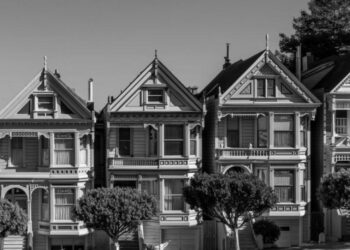The first problem is location. Many municipalities restrict or outright prohibit manufactured housing in certain areas. The result is that mobile home parks often end up on less desirable land—low-lying floodplains, areas near wildfire-prone vegetation, or zones exposed to high winds. Cities that revisit their zoning codes could give residents more siting options, reducing the concentration of vulnerable homes in high-risk areas.
The second opportunity lies in building and installation standards. While the federal building code for manufactured homes has been updated to address wind and flood resilience, local enforcement and inspection remain uneven. Municipalities could require certified installers, mandate third-party inspections, and ensure that homes are anchored and elevated according to site-specific hazards.
Upgrading older units is another area where local governments can play a role. Chiu notes that homes built before 1976 predate federal construction standards and are especially vulnerable. Cities can work with nonprofit housing organizations to offer retrofit programs—adding structural anchoring, installing metal roofs, and improving insulation for energy efficiency.
Finally, emergency planning should consider the unique needs of manufactured housing communities. This could include clear evacuation protocols, rapid post-disaster inspection teams, and targeted rebuilding assistance that incorporates resilience upgrades.
Manufactured housing provides shelter for millions of Americans. By adjusting local zoning, enforcing installation standards, and supporting upgrades, cities can ensure that this housing remains both affordable and safe in the face of extreme weather.









